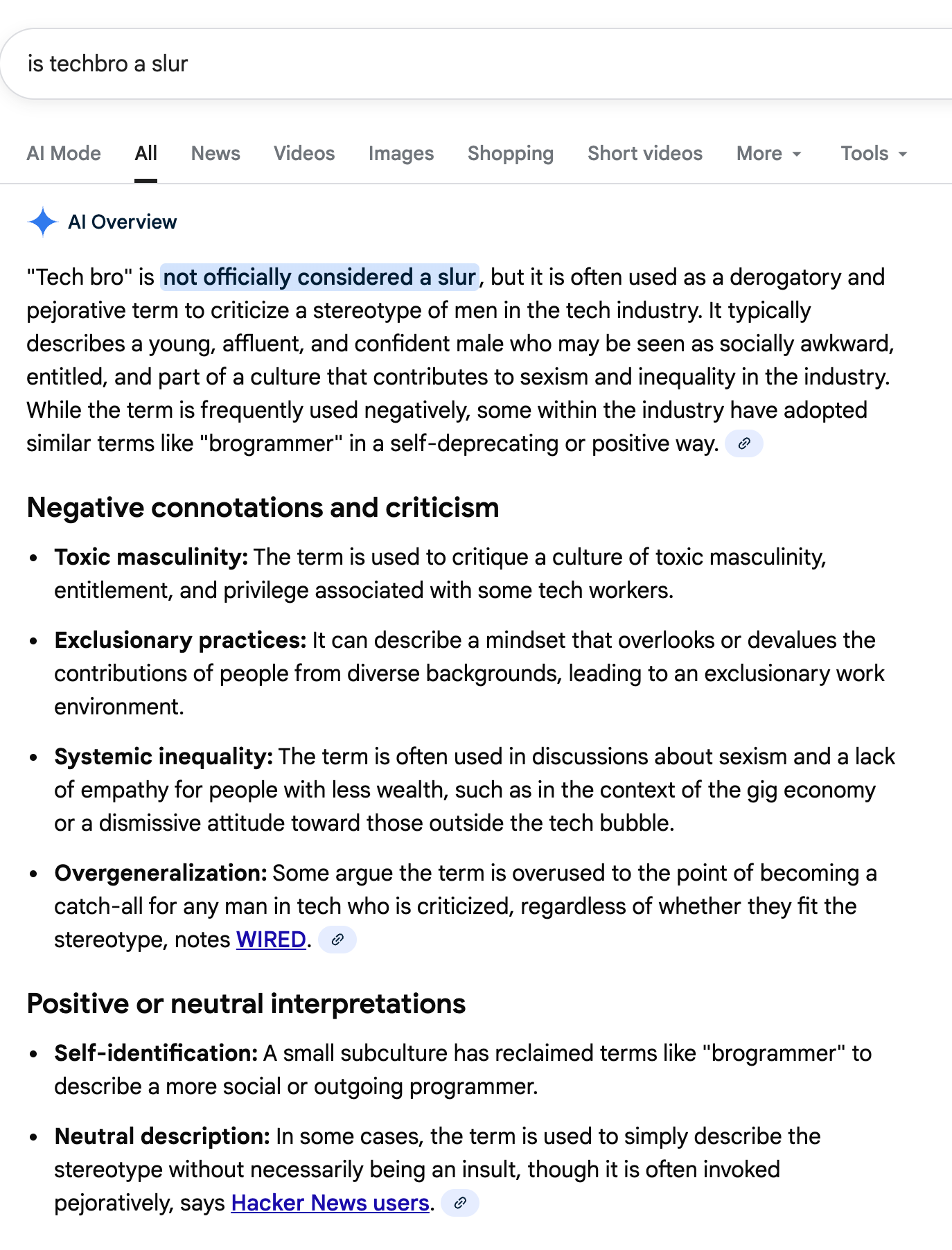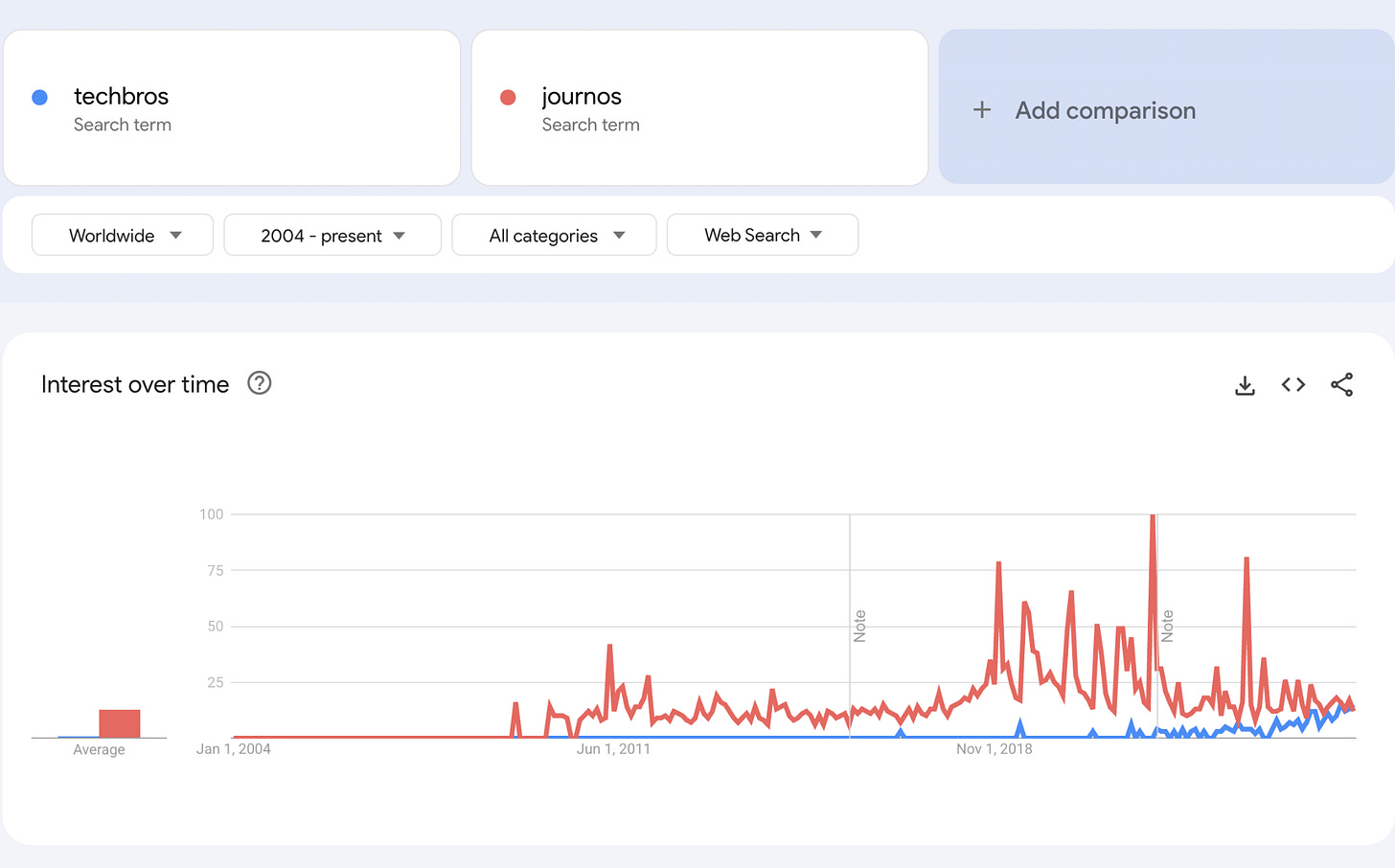Enter Adversariality
Linguistic confusion as camouflage for bad-faith actors
Yesterday we saw how something as simple as what to call someone—like whether Alice calls Bob an AI Doomer or an X-risk researcher—is not only a linguistic choice but also a fight over frames, with each different name smuggling in a claim what about Bob is and, thus, how to interpret his statements.
What originally seemed like a semantic disagreement (“What to call Bob?”) quickly showed itself to be an ontological one (“What is Bob?”) because in every classification there is an attempt of alignment: taxonomy is ontology is axiology.
But that was yesterday and today is today. Where yesterday Alice and Bob were just different people earnestly and sincerely engaging with whichever frame they each thought more accurately described the world, today things are different.
Adversariality in Classification
Bob and Alice’s patience has run out. Today Bob—and I know I’m stretching the limits of imagination here—has come to believe Alice is effectively promoting the Apocalypse while Alice, in turn, now thinks Bob is the last thing standing between humanity and the land of digital milk and digital honey.
Because they think the stakes are that high they’ve decided to stop engaging in good faith and instead just spread their views: Alice’s that Bob is a Doomer—and thus can be dismissed just on the weight of his personality defects—and Bob’s that he’s an objective scientific researcher—and, thus, cannot. Again, sorry for stretching the limits of imagination suggesting anyone would engage in either of these.
For the twist: even in the scenario above, where Alice and Bob decided that the ground truth doesn’t matter, their goal—of spreading their view—would be best served by pretending they’re being merely descriptive. “I’m not renaming! I’m not inventing! I’m merely naming!!”
Said differently: two days ago the source of complexity was just that these questions are actually ambiguous. Today I’m saying that that ambiguity is load-bearing: it provides camouflage for bad-faith actors to disguise adversarial moves as innocent taxonomic confusion. Again, sorry to stretch the imagination.
Both bad-faith actors, good-faith actors, and genuinely confused people engage in taxonomic confusion, so you can’t use that fact as a way to distinguish between them—😵💫😵💫😵💫
Further, yesterday we saw how taxonomic questions collapse into naming battles. And, if that is so, and adversarial dynamics spring up in taxonomic questions, you’d expect to see adversarial dynamics in naming too.
Adversariality in (Re)naming
We’ve talked about renaming for --- reactions, or, as they’re known in common parlance: slurs. A slur is, according to Wikitionary, a “word or grammatical form expressing a negative or disrespectful connotation, a low opinion, or a lack of respect toward someone or something”.
Wait—Eve? What are you doing here? Wait, what? Alice called Bob WHAT?
…
*deep breaths*
…
Ok. Let’s make the most of this. Case study: “Is t*ch-bros a slur?”
When I google that question, the first thing I get is Gemini’s AI summary saying it “is not officially considered a slur.”
I’m sure people on the receiving end of it would disagree as it very much does express a “negative or disrespectful connotation, a low opinion, or a lack of respect toward someone”.
This is, of course, another instance of how questions of classification hide questions of axiology: if “-bro” is a slur then you shouldn’t use it. But people want to use it, people want to disparage their (perceived) ideological enemies, making the question contentious. As we’ve also seen names drive reactions, giving (re)naming its power: whoever controls the name controls how people react to something.
Which brings us to the question of who gets to arbitrate whether ‘-bro’ is a slur. Notice how Gemini AI said “is not officially considered a slur.”—”Officially”? And “not considered”—considered by whom? Tech workers who use Twitter? Or, journalists who write about tech? The asymmetry matters: media institutions can impose ‘tech-bro’ while tech twitterati struggle to make ‘journos’ stick. Platform matters.
The techbro/journos question illustrates how different (groups of) people have different interests as to what something gets named.
And because names catch better if people think they’re just accurate descriptions we get everyone pretending to just try to be accurate, whether or not that’s what they are doing.
Those adversarial dynamics make some names actively contested, and that’s why they keep changing.
But that’s for next time.

